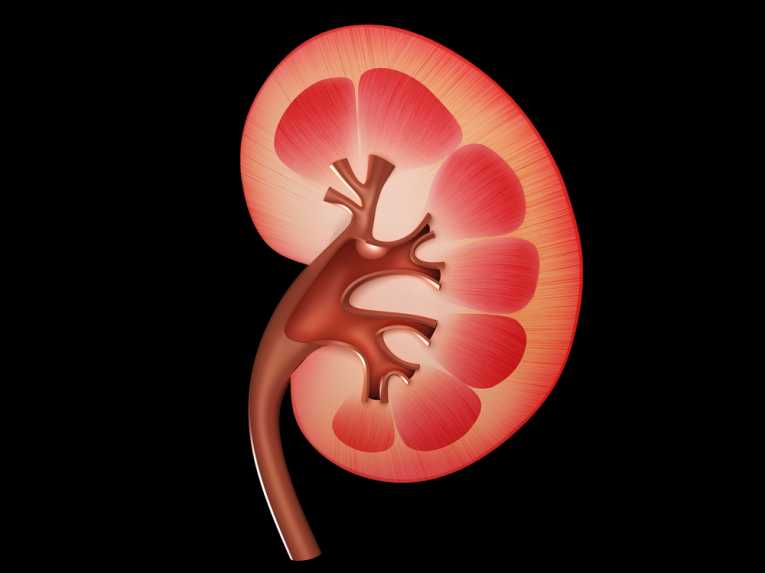Since 2006, on the second Thursday in March, World Kidney Day has been celebrated in more than 100 countries. Its aim is to raise awareness about the importance of our kidneys in relation to our overall health and to focus on the need to reduce the frequency and impact of kidney disease and its associated health problems worldwide.
World Kidney Day is a joint initiative of the International Society of Nephrology (ISN) and the International Federation of Kidney Foundations (IFKF).
It is estimated that between 8% and 10% of adults worldwide have some form of kidney damage, resulting in millions of premature deaths each year from Chronic Kidney Disease (CKD). The prevalence of CKD is growing year on year and the increasing costs of treatment is placing an enormous burden on worldwide healthcare systems.
The first consequence of undetected CKD is the risk of the progressive loss of kidney function. This will eventually lead to complete failure and the need for dialysis or kidney transplant in order to survive.
The second consequence is the high risk of premature death from associated cardiovascular disease.
Although it is actually quite easy to detect kidney failure at an early stage by testing a small sample of blood or urine, most individuals with early stages of CKD go undiagnosed because they display few or no symptoms. As a result it is quite possible for an apparently healthy individual to have CKD. The early detection of kidney failure is obviously crucial.
Screening is particularly critical for those people who are considered to be at particularly high risk of CKD. These include
Currently there are over 240 million people in the world who have diabetes. By 2025 this number is expected to rise to 380 million, but the rise will not be evenly distributed. For instance:
20% rise in Europe
50% rise in North America
85% rise in South and Central America
75% rise in the Western Pacific Region.
The five countries with the highest prevalence of diabetes are:
1. India
2. China
3. The United States
4. Russia
5. Japan
High blood pressure, or hypertension, is a major global health problem. It is also another major cause of CKD. Nearly a billion people suffer from high blood pressure and this is expected to rise to 1.56 billion by 2025. A recent report noted 333 million cases in economically developed regions such as North America and Europe, with an additional 639 million in the developing world.
World Kidney Day calls for everyone to think about whether or not they are at risk of kidney disease. In the UK, for instance it is estimated that over 3 million people are at risk, with 50,000 people being treated for end-stage kidney failure. In the United States, with a larger population, the figures are naturally greater, with more than 20 million having some form of CKD and nearly half a million being treated for end-stage renal disease.
The bald fact is that CKD kills. It is not curable and a patient will need care for the rest of his life. Currently the only treatments are dialysis, a transplant or conservative care. This makes it even more vital for members of the world's population to look after their kidneys.
World Kidney Day highlights eight easy ways of reducing the risk of developing kidney disease.
- Keep Fit - this helps to reduce your blood pressure and therefore reduces the risk of CKD.
- Control your blood sugar level - about half the people who have diabetes develop kidney damage, so it is important for people with diabetes to have regular checks.
- Monitor your blood pressure - many people know that high blood pressure can lead to a stroke, but few realise that it is the most common cause of kidney damage.
- Eat healthy and keep your weight in check - this can help prevent diabetes and heart disease and other conditions associated with CKD.
- Maintain a healthy fluid intake - 1.5 litres to 2 litres a day (3 pints to 4 pints) is recommended.
- Don't smoke - smoking slows the flow of blood to the kidneys, impairing their ability to function properly. It also increases the risk of kidney cancer by about 50%.
- Take care taking non prescription drugs - common anti-inflammatory drugs such as ibuprofen can cause kidney damage if taken regularly.
- If you have one or more of the 'high risk' factors, get your kidney function checked.










